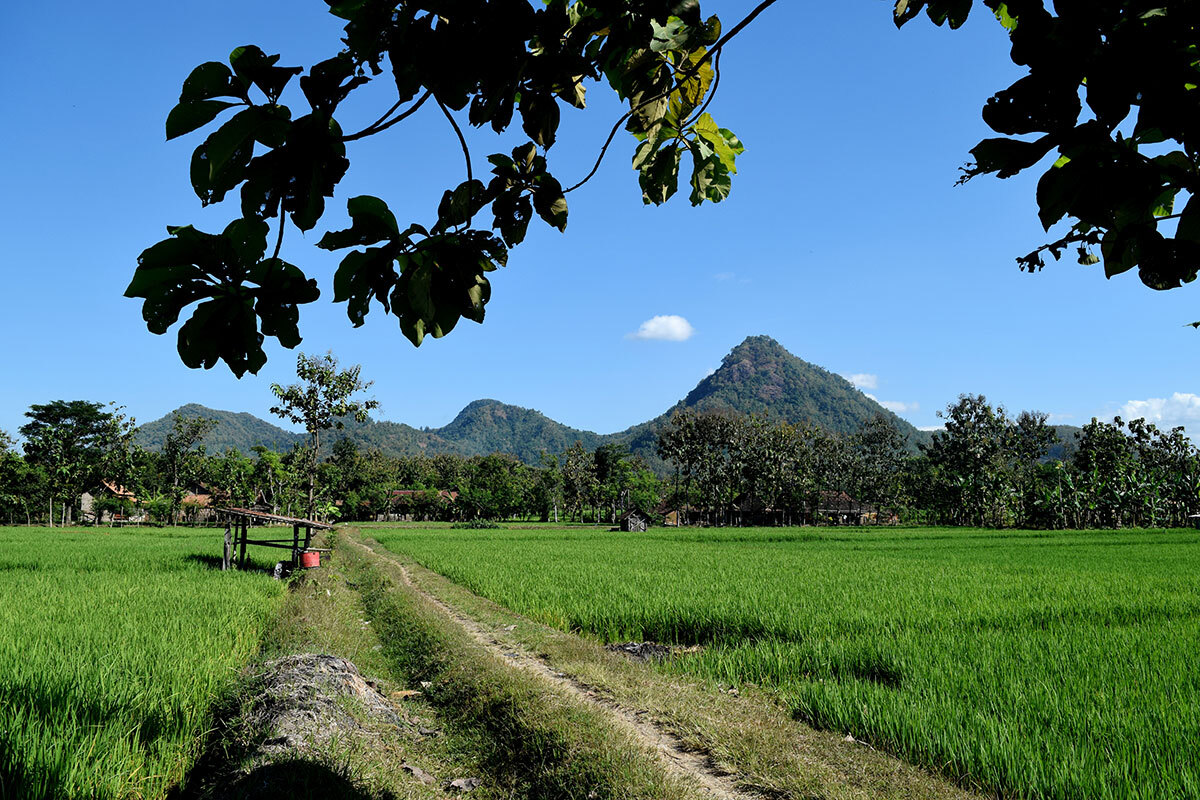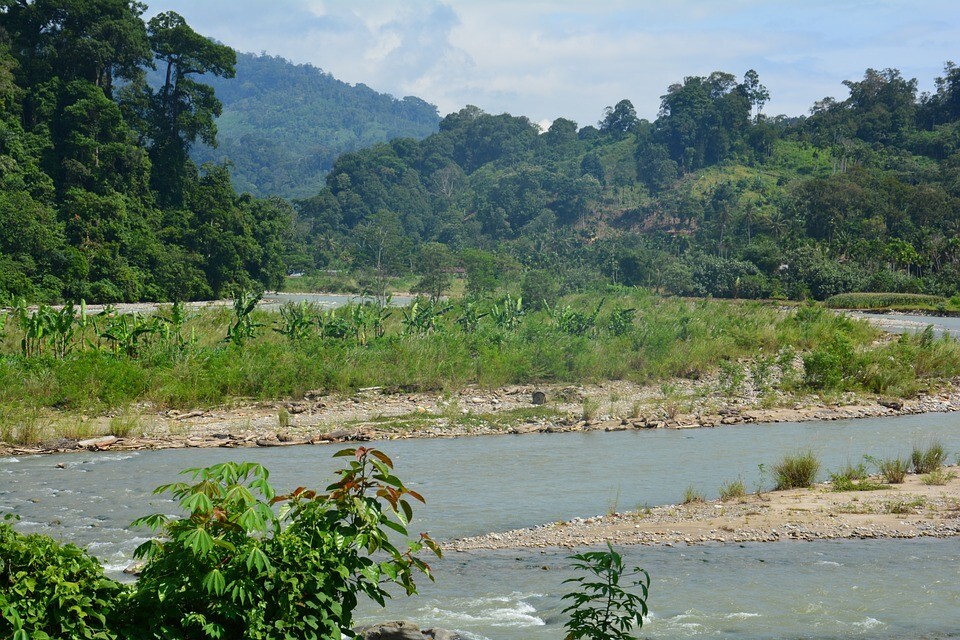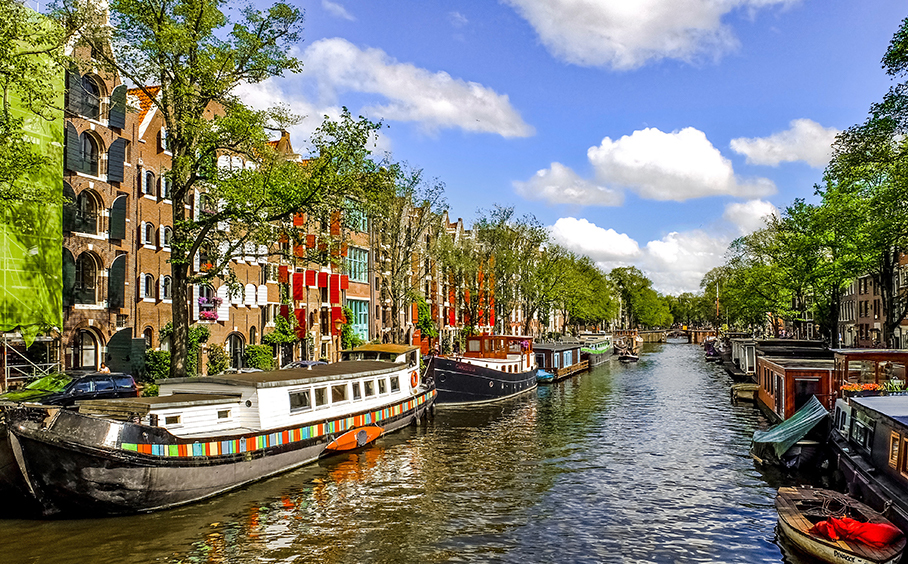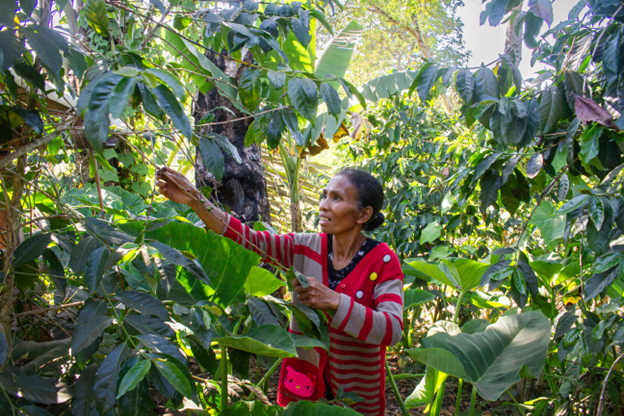
Petronela, a participant of the EECCLiRe CFS, discussing the impacts of inconsistent rainfall on her coffee plants’ production in Bajawa, East Nusa Tenggara, Indonesia. Photo: Cynthia Crouse
Issue
Indonesia is the world’s fourth largest coffee producing country, with 98% of the supply coming from small holder coffee farmers. As coffee farmers are facing climate change and its effects, such as increased temperature, unpredictable rainfall patterns and increased extreme weather events, their coffee is resulting in smaller yields and decreased bean quality, jeopardizing smallholder coffee farmers’ livelihoods.
Adapting to climate challenges requires both technological innovation and shifts away from monoculture and unsustainable farming practices, which need to be context specific and fit- for- purpose for successful implementation.
Solution
Implementing ecosystem-based adaptation, especially through climate field schools, can educate farmers on climate-resilient practices that restore ecosystems, aiming to secure a sustainable future for coffee farming in Indonesia.
Overview
Coffee production is rising, but so are global temperatures, creating an uncertain environment for the future of arabica coffee. As arabica coffee is dependent on specific climate conditions coffee farmers must adapt to the changing climate to sustain their livelihoods.
In response, in Indonesia, climate field schools (CFSs) are empowering coffee farmers to strengthen their climate resilience amid climate change as part of the EbA-Enhanced Climate Field Schools for Climate Resilience (EECCLiRe) project. Ecosystem-based Adaptation (EbA) strategies can restore and protect the coffee agroecosystems. CFSs can be a vehicle for such strategies, with farmers receive hands-on training in climate-smart agriculture techniques. Sustainable coffee production can safeguard livelihoods and the environment in Indonesia.
Details
Indonesia, renowned for its lush coffee plantations, faces a critical challenge: ensuring the resilience of its coffee farmers amid climate change. With approximately 120,000 households in Bali and 300,000 households in East Nusa Tenggara relying on coffee cultivation, it’s vital to understand climate impacts and implement adaptive strategies. That’s because coffee production is deeply intertwined with climate conditions.
Arabica coffee is loved for its nuanced flavor but only achieves that quality under specific conditions and altitudes. It is also more sensitive to changing conditions than robusta coffee. Escalating temperatures, erratic precipitation patterns, prolonged droughts, and fierce winds are threatening Arabica crops.
Ecosystem-based adaptation (EbA) principles can be a powerful, people-centered tool for combatting these challenges. EbA harnesses biodiversity and ecosystem services to enhance adaptive capacity. EbA involves a wide range of ecosystem management activities, such as agroforestry, to strengthen resilience and reduce vulnerability to climate change for people and the environment.
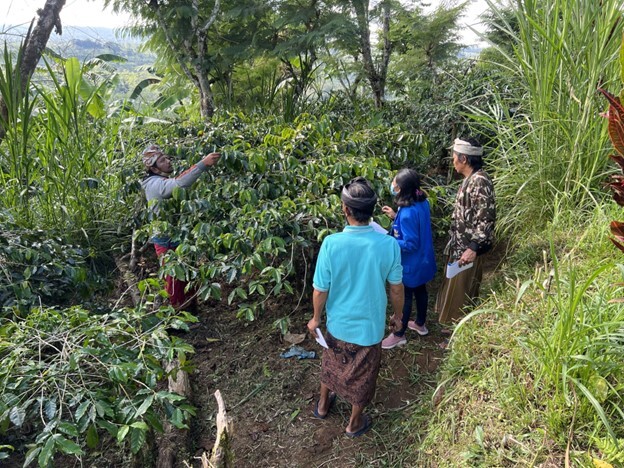
A previous climate field school in Kintamani, Bali. Photo: su-re.co.
Empowering farmers through climate field schools
The Indonesian Agency for Meteorology, Climatology, and Geophysical Agency (Badan Meteorologi, Klimatologi, dan Geofisika [BMKG]) and the Department of Agriculture (Dinas Pertanian) pioneered climate field schools for a variety of crops(CFS’s). This initiative empowers local farmers by focusing on specialized skills and techniques for enhancing adaptive capacity directly related to coffee production.
In CFSs, farmers learn to improve their adaptive capacity and circulate traditional and local climate knowledge through meetings and training in communities and on farms. The farms, in turn, act as laboratories for trying novel approaches.
In the project, EECCLiRe, CFS have recently been adapted for coffee farmers. EbA-enhanced coffee CFSs incorporate climate information and services, EbA principles, coffee agroforestry, and show biogas’ value as a climate-smart technology for recycling farm waste.
Scaling up and integration
Successful CFS outcomes can extend beyond coffee, inspiring the integration of EbA principles into resilience-building efforts for other crops. By equipping coffee farmers with knowledge and tools, Indonesia aims to safeguard livelihoods and ensure sustainable coffee production amid the evolving climate landscape.
ACKNOWLEDGEMENTS
We extend our appreciation to the Stockholm Environment Institute (SEI) for their generous provision of this case study to the database.


